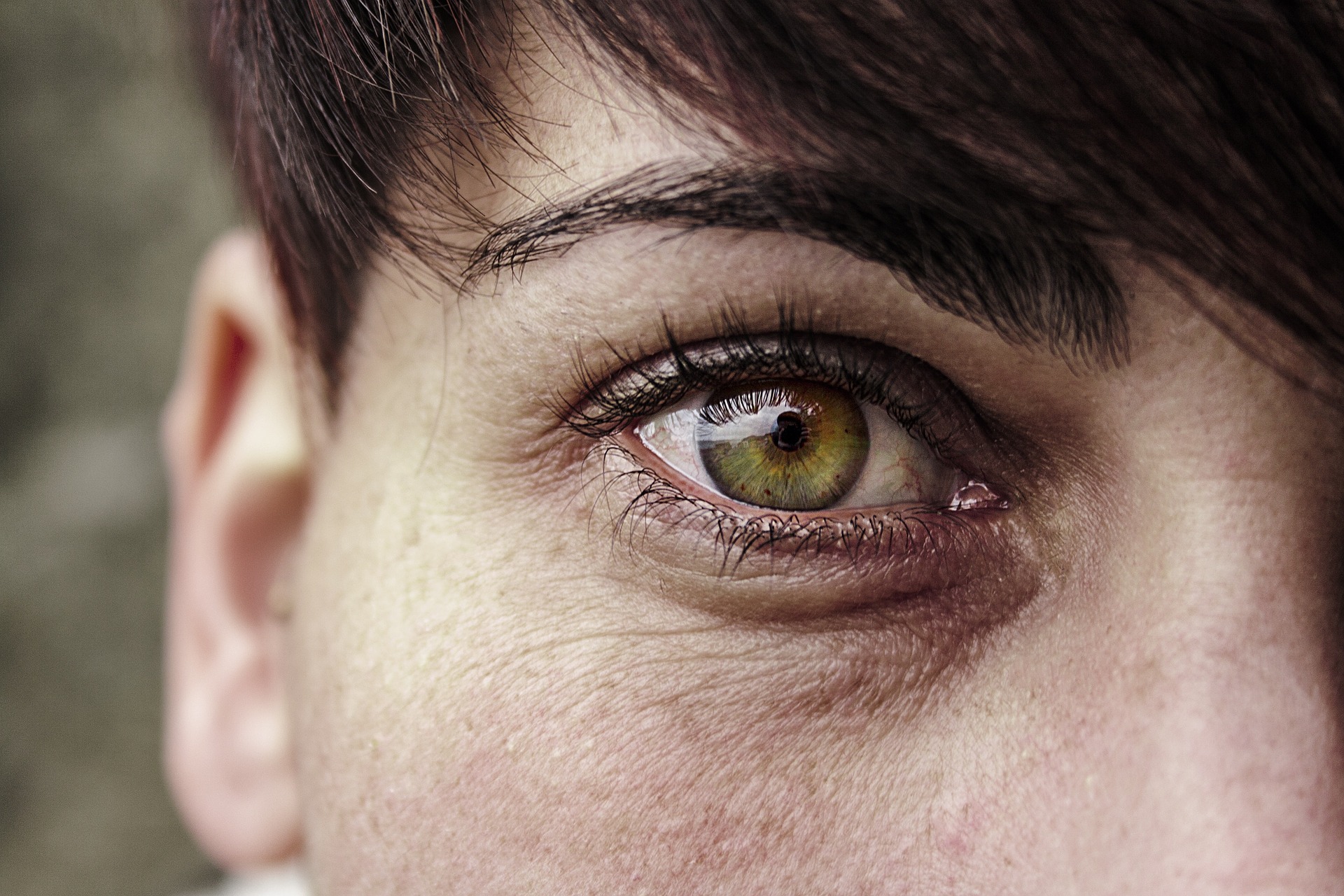Signs of Ketamine Use
Ketamine is a dissociative anesthetic that produces the sense of detachment from one’s self and their environment while distorting perceptions of sight and sound. In the United States, ketamine has limited uses, mainly in veterinary medicine, but, through illegal diversions, manufacturing, and distributions, sales on the street continue to thrive. While there are some obvious signs of ketamine use during the intoxication state, consequential signs of ketamine use may be far more dangerous.
Signs of Ketamine Use during the Intoxication State
Ketamine has emerged as a highly popular “club drug” in addition to the desired “k-hole” effects some users look for. Adequate doses of ketamine can produce a trance-like state with amnesia, producing the so-called dissociative effects and as a derivative of phencyclidine (PCP), the psychedelic properties of ketamine are the primary reasons it is abused. An acute intoxication state is often referred to as the “k-hole” where the ketamine trip can be experienced for hours.
Signs of ketamine use during the intoxication state include:
- Euphoria and increased energy
- Hallucinations and distorted perceptions of sight, sound, and other stimuli
- Immobilization or a trance-like and “lifeless” state
- Schizophrenia-like behaviors
- Impaired cognition, memory, and emotions
- Rapid eye movement
- Speech difficulties or illogical speaking
- Tachycardia and increased blood pressure
The Emergence Phenomenon of Ketamine
Like PCP, ketamine’s psychedelic properties cause an emergence phenomenon in many patients in recovery following a ketamine anesthesia and because of the bizarre and unpredictable results ketamine is rarely used in human medicine in the U.S. The emergence phenomenon commonly includes an out-of the body or near death experience with sensations of floating, difficulty in movement, severe agitation, delirium, vivid dreams or nightmares, and disorientation.
https://ketamine.com/ketamine-effects/10-most-common-ketamine-symptoms/3-warning-signs-that-ketamine-abuse-is-turning-into-ketamine-dependence/
Consequential Signs of Ketamine Use
Signs of ketamine use usually go away fairly quickly, but, in chronic users, impairments to the limbic system which controls emotions, motivations, memory, and learning and repeat interferences with neurotransmissions in the brain involving dopamine, serotonin, and norepinephrine neurotransmitters can lead to long term physical and psychological disorders. According to a PMC article from the Substance Abuse and Rehabilitation Journal, “ketamine is associated with exacerbation of core psychotic and cognitive symptoms in schizophrenia.”
Signs of ketamine use after intoxication may include:
- Excessive sleeping and fatigue
- Depression, anxiety, and emotional instabilities
- Sleep disturbances including vivid dream and nightmares
- Impaired cognition, focus, memory
- Long term psychological or neurological problems
- Physical impairments including urinary tract infections, bladder diseases, cardiovascular, respiratory, kidney, and immune system problems
If you think someone you love is abusing ketamine, call 800-915-1270 (Sponsored) now for help finding treatment.

 Do I Need Treatment for Ketamine Abuse? -
Observe your ketamine abuse habits and behavior to indicate whether or not you should seek help
Do I Need Treatment for Ketamine Abuse? -
Observe your ketamine abuse habits and behavior to indicate whether or not you should seek help  Recognizing a Problem with Ketamine -
Experiencing negative and even life-threatening consequences, but continuing to use ketamine anyway, is a major red flag of an addiction problem.
Recognizing a Problem with Ketamine -
Experiencing negative and even life-threatening consequences, but continuing to use ketamine anyway, is a major red flag of an addiction problem.  Is Ketamine Abuse on the Rise Among Young Adults? -
There are a few reasons ketamine abuse could be on the rise, one of which being that marijuana dealers are using it as an additive
Is Ketamine Abuse on the Rise Among Young Adults? -
There are a few reasons ketamine abuse could be on the rise, one of which being that marijuana dealers are using it as an additive  Warning Signs of Ketamine Recreational Use -
Ketamine is often used recreationally in party settings. Learn the signs of recreational abuse so that you can help a friend in need
Warning Signs of Ketamine Recreational Use -
Ketamine is often used recreationally in party settings. Learn the signs of recreational abuse so that you can help a friend in need  Can You Mix Ketamine and Alcohol? -
Ketamine and alcohol can be a dangerous and life-threatening mixture. Find out more about the effects of this combination here
Can You Mix Ketamine and Alcohol? -
Ketamine and alcohol can be a dangerous and life-threatening mixture. Find out more about the effects of this combination here